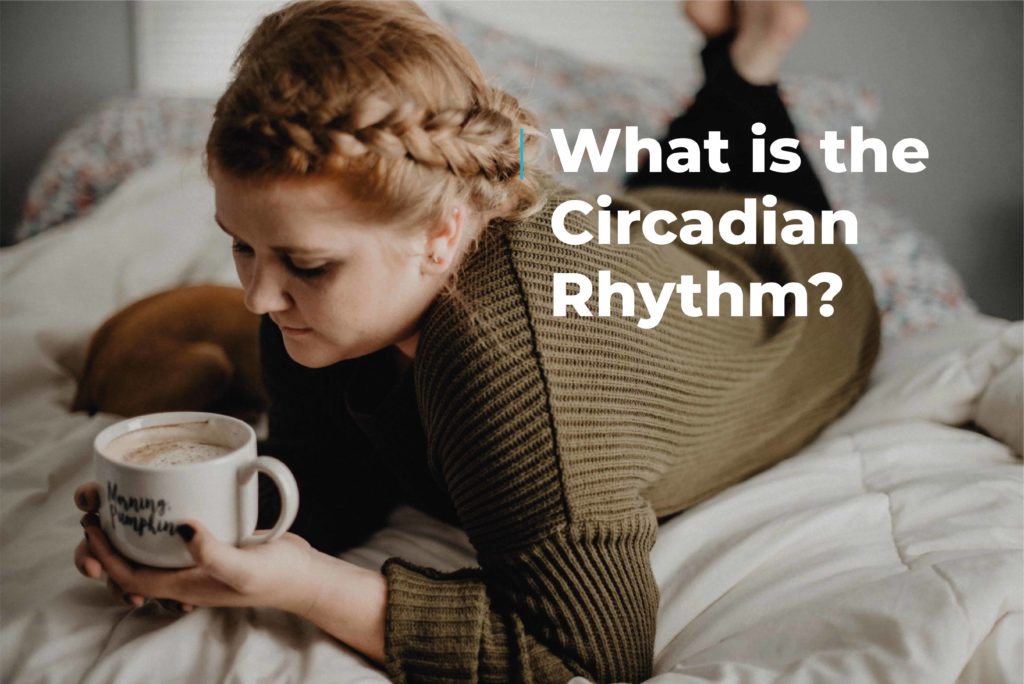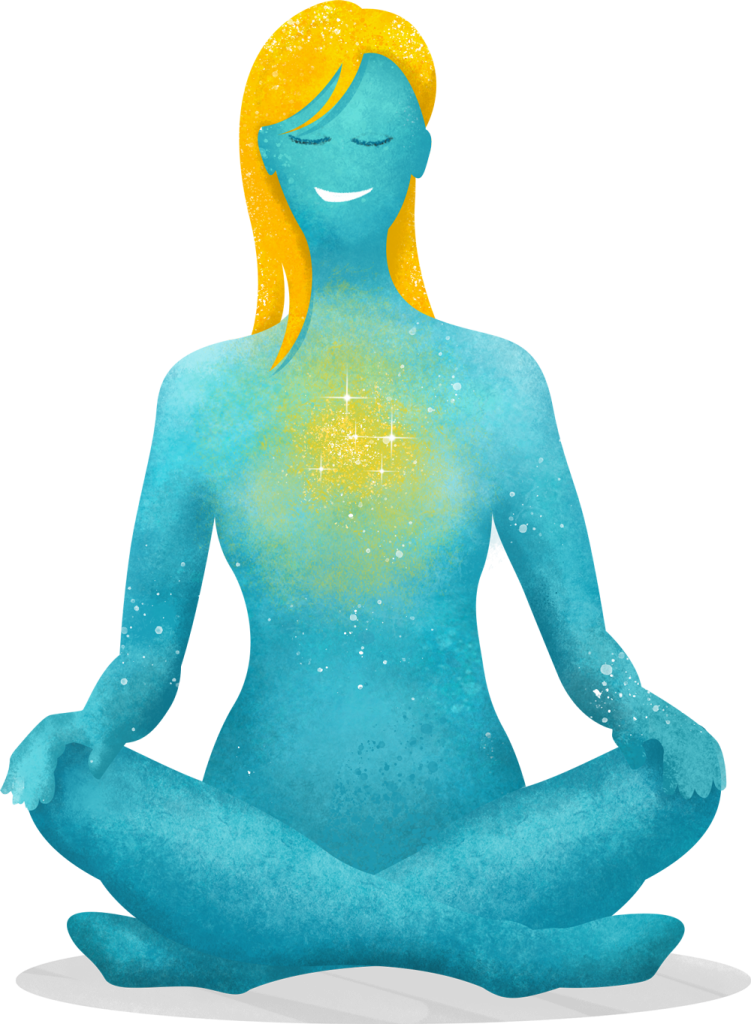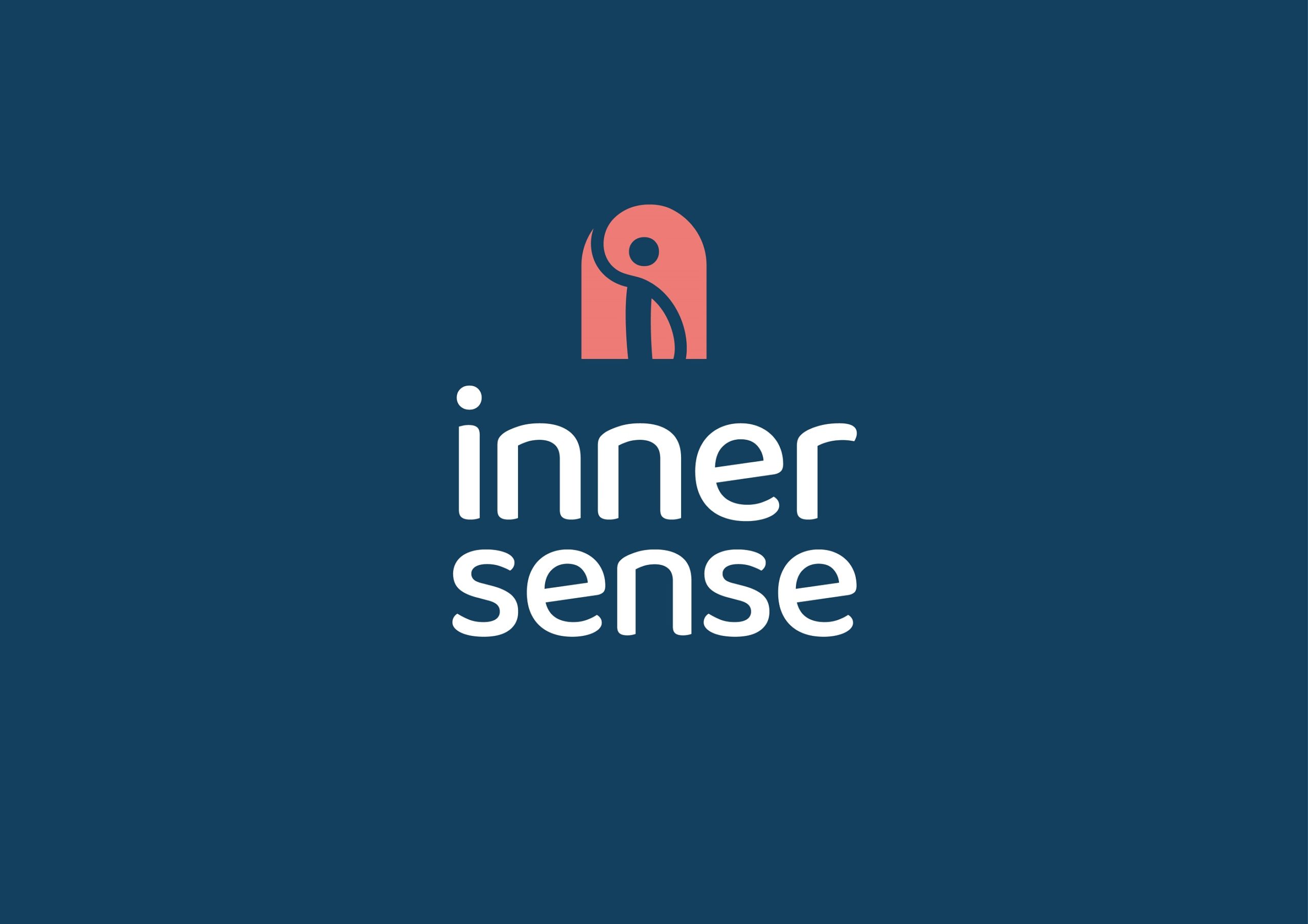Our bodies are programmed to follow a 24-hour cycle that roughly matches the daily rotation of the earth on its axis. This natural cycle is called the circadian rhythm, an essential component of the body that helps to regulate many of our internal processes.1
What Processes Does the Circadian Rhythm Regulate?
Every cell and organ in the body has a biological oscillator, this is like a clock that helps to regulate cycles. These clocks are able to synchronise with one another via a tiny cluster of cells located in the brain to maintain the circadian rhythm.2 Acting as the master timekeeper, or body clock it helps to regulate lots of fluctuating cycles in the body, including our:
- Sleep pattern
- Heartbeat
- Breathing cycle
- Digestion
Signs that Your Circadian Rhythm May Be Out Of Sync?
Experiments have shown that if left unattended, the body clocks of humans, as well as many other animals and plants, stick to roughly 24 hours cycles – in fact, the word circadian is derived from a Latin phrase meaning around a day.
However, the circadian rhythm can be strongly influenced by outside factors. These include light, temperature and noise. Things like shift work and jetlag can also disrupt our natural cycles.
If our circadian rhythm is out of kilter, it can be detrimental to our health. In the short term, we may find that we have trouble sleeping and staying asleep at night. Meanwhile, during the day, staying awake might become a problem. In the longer term, we can become susceptible to a number of health issues, including diabetes and depression. 3 4 5
Nurturing Your Circadian Rhythm
Just as the circadian rhythm can be disrupted by external influences, there are plenty of steps we can take to maintain it, these include:
- Getting some sun: as well as giving us a good dose of vitamin D, natural sunlight can really help our body clock. Sun in the morning and during the day will help you to feel wide awake – but do take care not to burn if it’s a hot day
- Cutting out caffeine: some people need their caffeine kick to get them through the afternoon, but if you think your circadian rhythm may be off, it’s best to avoid this type of stimulation as many as eight hours before bed
- Being active: exercise is another great way of helping to regulate your circadian rhythm. However, it’s best to get strenuous exercise out of the way at least two hours before bedtime
- Sleeping in the dark: as we’ve mentioned, light can affect the circadian rhythm. So, to promote its natural cycle, start dimming the lights in your home around an hour before you want to sleep. And if your room is prone to letting in light from outside, you may want to invest in some blackout blinds
What Is the Circadian Rhythm? Find Out More
If you’re interested in finding out more about the circadian rhythm and how to maintain it, along with other processes in the body, please download two free chapters from my book.And to stay up to date with all of our latest blog posts, please sign up to our newsletter
Sources and References
Main Photo by Samantha Gades on Unsplash
- Aschoff J, Wever R. (2019). Human circadian rhythms: a multioscillatory system 2019. Fed Proc. 1976 Oct;35(12):236-32.
- Panda, S. (2018). The Circadian Code, UK: Vermillion.
- Garcia-Saenz, A., Miguel, A. S., Espinosa, A., Valentín, A., Aragonés, N., Llorca, J., . . . Kogevinas, M. (2018). Evaluating the Association between Artificial Light-at-Night Exposure and Breast and Prostate Cancer Risk in Spain (MCC-Spain Study). Environmental Health Perspectives, 126(04).
- Zubidat, A. E., Fares, B., Fares, F., & Haim, A. (2018). Artificial Light at Night of Different Spectral Compositions Differentially Affects Tumor Growth in Mice: Interaction With Melatonin and Epigenetic Pathways:. Cancer Control, 25(1), 107327481881290.
- Obayashi, K., Saeki, K., Iwamoto, J., Ikada, Y., & Kurumatani, N. (2013). Exposure to light at night and risk of depression in the elderly. Journal of Affective Disorders, 151(1), 331-336.



